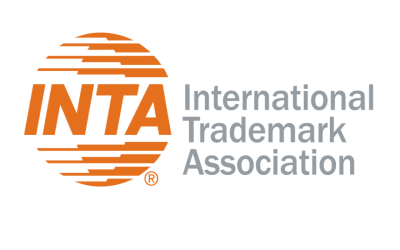The background
The BEVERLY HILLS POLO CLUB brand is sold in the UK and EU under license by Lifestyle Equities. An entirely unrelated company is authorized to sell the brand in the US. The US brand legitimately sold the US goods to US customers via Amazon.com, however, UK and EU customers could also purchase these goods. Lifestyle Equities claimed that the offers for sale and the sales themselves infringed.
Lifestyle Equities is a regular litigant in the UK courts, with reported judgments in claims against at least eight different defendants in the last seven years. Another Supreme Court case about director liability (Lifestyle Equities v. Ahmed) is awaiting judgment, and the Court of Appeal is due to hear an appeal from the High Court’s decision in Lifestyle Equities v. Royal County Of Berkshire Polo Club in July 2024.
To assess whether the offers infringe, the question is whether Amazon.com was targeting UK customers, rather than just making the products accessible to them. The High Court said it was not.
The Court of Appeal overturned this decision and found infringement. The Supreme Court has unanimously upheld this result, with slightly more nuanced reasoning.
The decision
The court considered the customer journey on Amazon.com. The site recognizes a UK IP address and automatically offers to “deliver to the United Kingdom”. The basket page offers prices in GBP and UK delivery options. The fact that the default pricing on the site is USD and that the customer is made aware that they can switch to Amazon.co.uk does not negate the implication by the other factors that the UK customer is being targeted. The court pointed out that this is an objective test, although a subjective intention from a seller would “ease the path” to prove targeting.
The Court of Appeal also found that the sales themselves would have infringed in the absence of targeting, following the CJEU decision in Blomqvist. The Supreme Court, with “some relief,” declined to decide on this point. It did so for two reasons: because there is an “air of unreality” in considering a doctrine about untargeted sales after a clear finding of targeting; and because it was not satisfied Blomqvist itself sets out a clear doctrine. It is not clear in Blomqvist where the title in the goods passed or who imported the goods to the EU.
The impact
The financial impact of this particular case will not be huge for Amazon – the judgment says that sales were small. However, it does mean that Amazon and other online marketplaces such as Alibaba, Temu, and eBay will need to implement measures to ensure that their non-UK sites do not target sales of products to the UK without the agreement of the brand owner. This is helpful for brand owners who face difficulties in enforcing national rights on global platforms.
However, the implications are wider and will also bite on the brands. A UK trademark owner could say that the owner of a similar brand in France that delivers to the UK is infringing its UK trademark. This means that if brands want to deliver to the UK or to sell through websites or marketplaces that will deliver to the UK, they should probably undertake UK trademark clearance.
Trademark owners looking to prove use of their mark in the UK or Europe should consider whether use on or sales through foreign websites may assist in showing use in the relevant territory.
Brand owners looking to protect against parallel imports can also use this judgment to restrict where offers can be made.
This is not a new law – it has been the position since the CJEU’s 2011 decision in L’Oreal v. eBay. So while this decision might not be a surprise to trademark lawyers, the facts of the case show that Amazon was not operating in a compliant way and that many other e-commerce sellers are not complaining either.
Cautious retailers and brands might implement stronger geoblocking tactics or make it more difficult for UK customers to access their foreign websites. Marketplaces may also want to seek wider warranties from their sellers and ensure they know where goods can be sold. Overall, this may make it harder for UK consumers to buy goods through foreign websites.

Written by Giles Parsons
Partner, Browne Jacobson

Written by Faye McConnell
Senior Associate, Browne Jacobson
You may also like…
INTA to host virtual legal clinic focused on trademarks
The International Trademark Association Pro Bono Committee is hosting a Virtual Legal Clinic on Tuesday, October 29,...
A landmark copyright case with implications for AI and text and data mining: Kneschke v. LAION
In a landmark judgment, the Hamburg Regional Court ruled in Kneschke v. LAION (Case No. 310 O 227/23) that the actions...
“When great power” meets “justice”: the end of the SUPERHEROES trademark era
From an early age, I have been captivated by superhero stories. From Spider-Man to Superman, these characters inspired...
Contact us to write for out Newsletter














